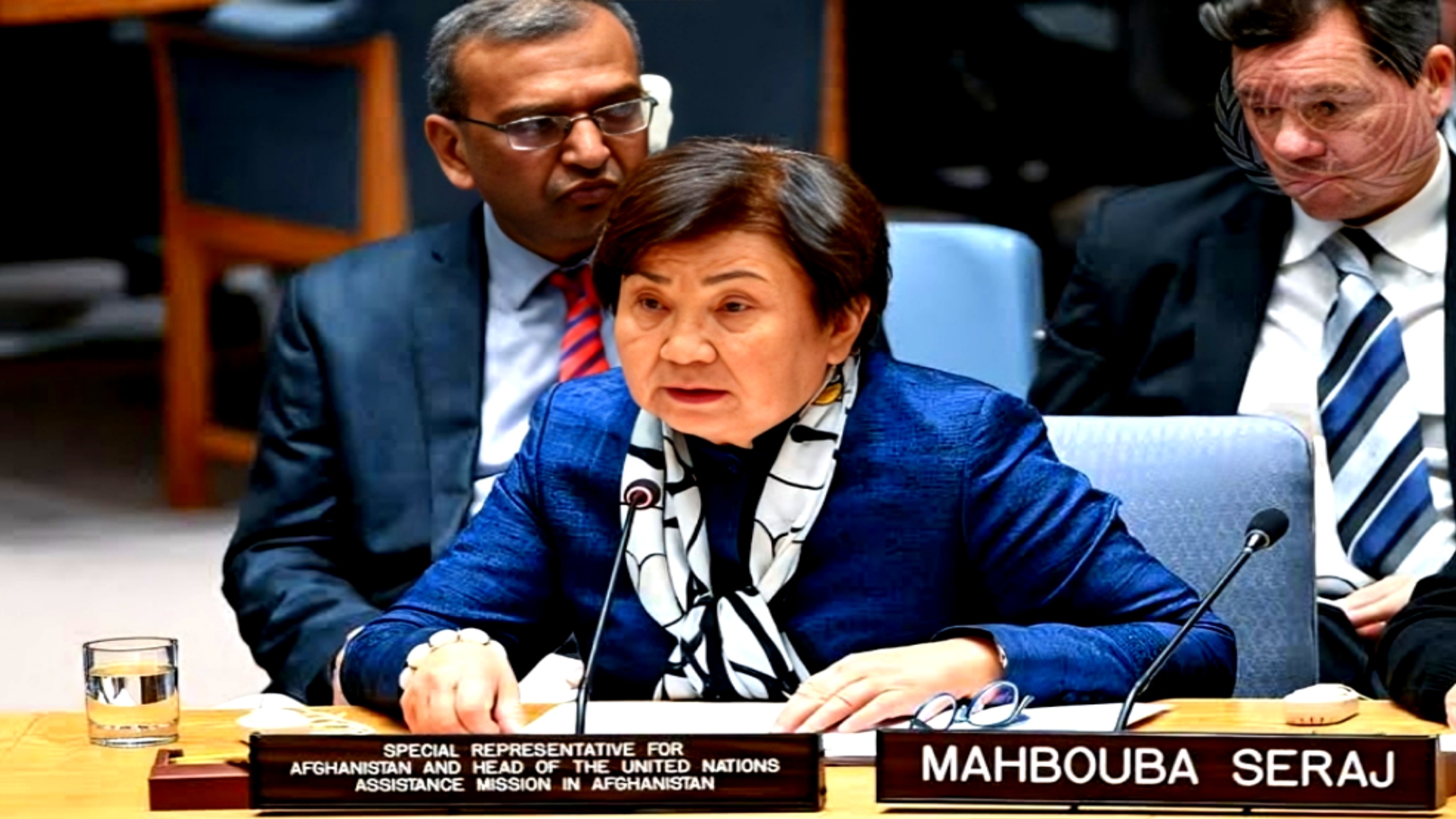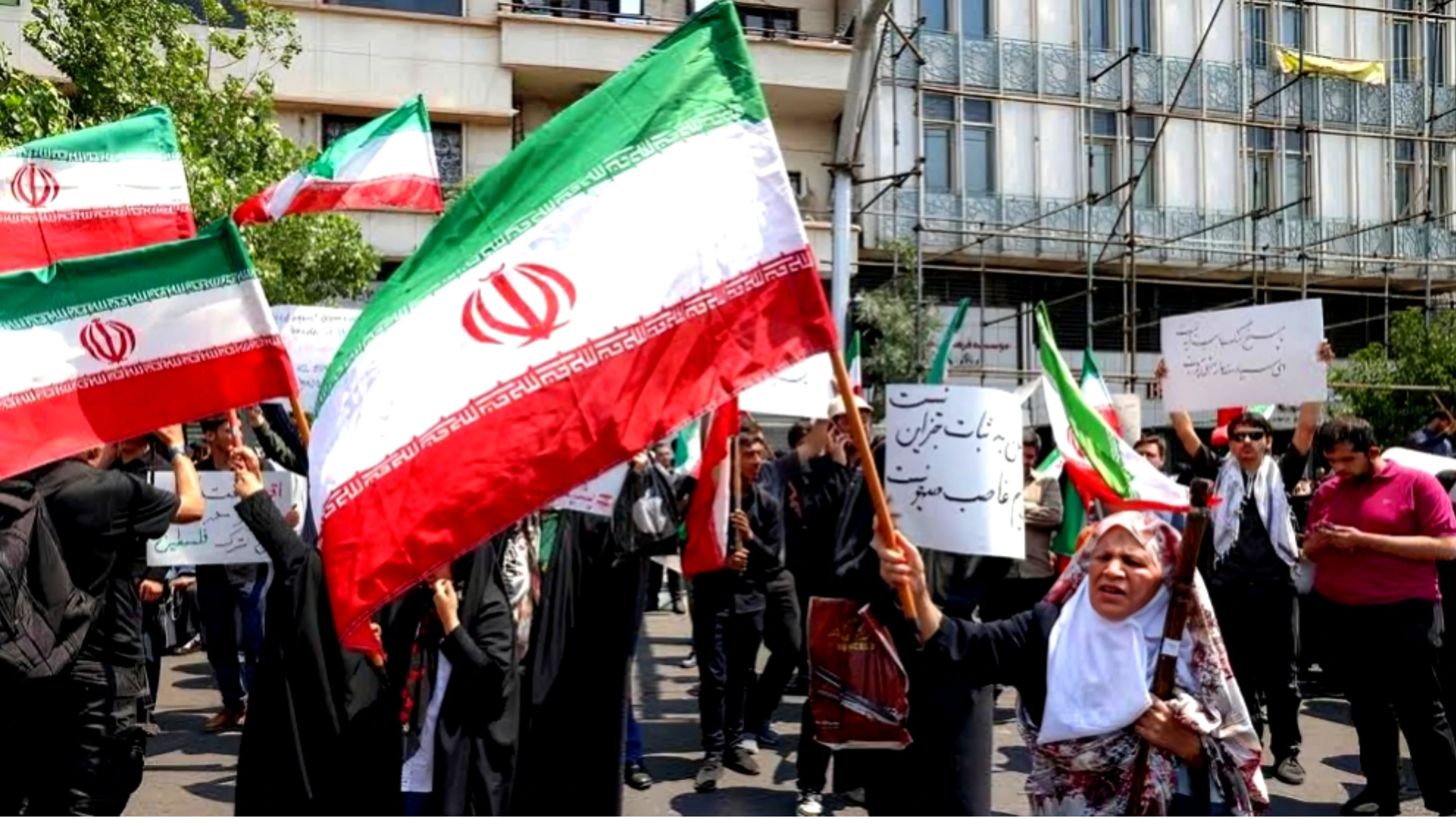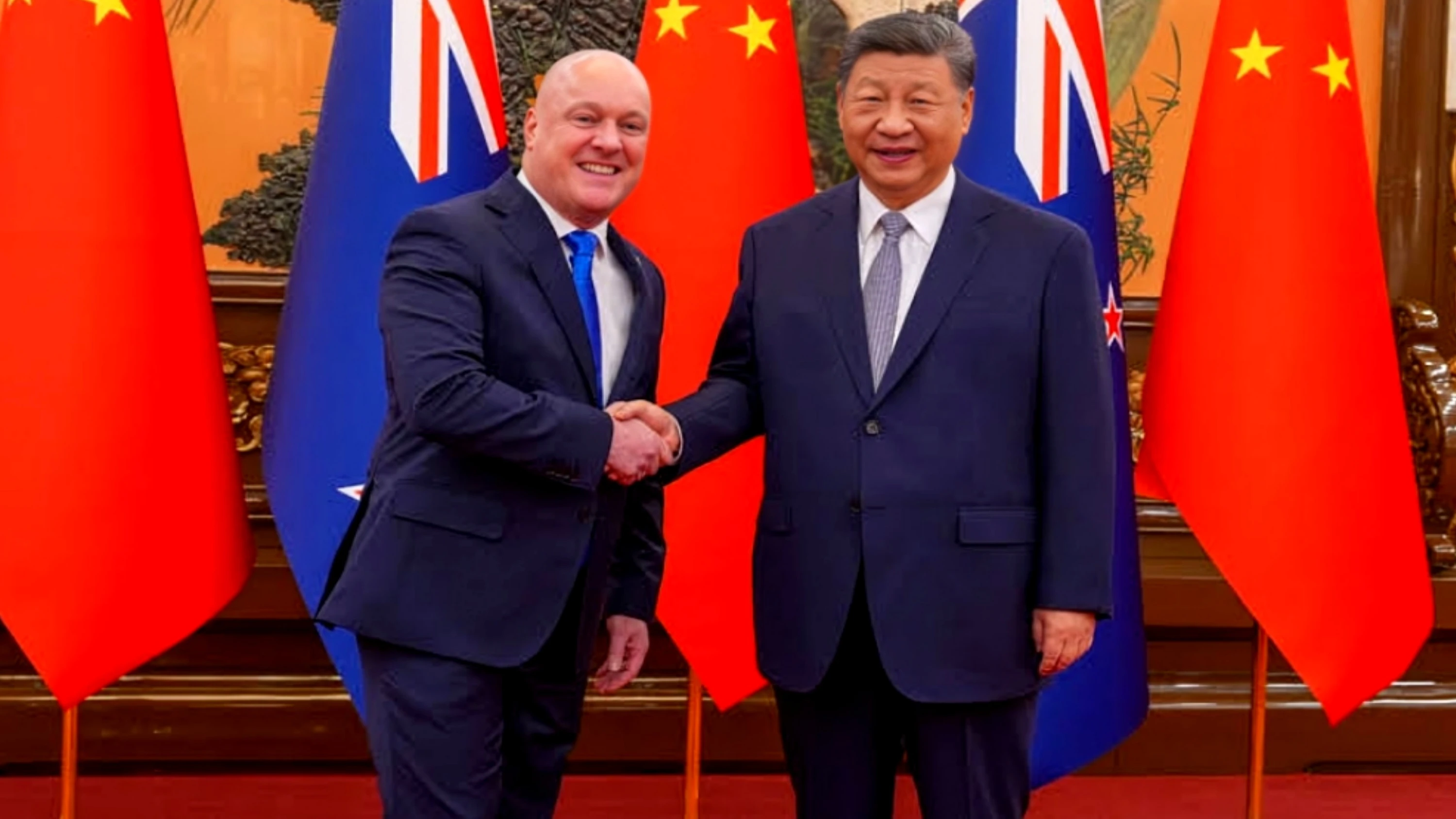New York: United Nations Assistance Mission in Afghanistan (UNAMA) head, Roza Otunbayeva, told that global political engagement with the Taliban-led government has yielded little progress. She also noted that international frustration with the Taliban is increasing.
Speaking at the UN Security Council, Otunbayeva stated that the space for political engagement with the Taliban is shrinking. She pointed out that some governments are questioning whether continued dialogue with the Taliban might actually strengthen the group's hardliners.
She emphasized that it is up to the Taliban to decide whether they want Afghanistan to reintegrate into the global system and whether they are willing to take the necessary steps to do so.
Otunbayeva highlighted that the Taliban’s selective approach to their international obligations remains a major obstacle to Afghanistan’s re-entry into the international community. While acknowledging some cooperation on technical matters such as counter-narcotics efforts and private sector development, she stressed that the Taliban remain unwilling to engage in discussions on broader issues, including human rights.
The UNAMA chief reiterated that, despite repeated international appeals, the Taliban’s severe restrictions on Afghan women and girls remain firmly in place.
She referenced recent international conferences in Saudi Arabia and Pakistan on girls’ education, which brought together representatives from Islamic nations. These discussions, she said, reinforced the view that the Taliban’s education bans have no basis in Islam.
Otunbayeva warned that the Taliban’s prohibition on women’s medical education is not only detrimental to women but also poses a severe risk to public health in Afghanistan. She cautioned that these restrictions could lead to a rise in maternal and infant mortality rates across the country.
Since reclaiming power in August 2021, the Taliban have banned girls from secondary education and, since December 24, 2022, have also barred them from universities and higher education institutions. Women have been prohibited from working in NGOs and most government offices, except in health and primary education sectors. In December 2023, the Taliban further extended the ban by restricting women's access to medical training.
Otunbayeva also raised concerns about the Taliban’s enforcement of strict religious policies, such as the implementation of the "Amr bil Maruf wa Nahi anil Munkar" (Promotion of Virtue and Prevention of Vice) law. She stated that such policies pose a significant challenge to Afghanistan’s reintegration into the international community.
She warned that unless the Taliban take meaningful steps to meet their international obligations, progress in diplomatic engagement will remain limited. Additionally, she stressed that positive changes would not only help Afghanistan’s political standing but would also be in the best interests of all Afghan citizens.
The UNAMA chief confirmed that the mission continues to closely monitor the Taliban’s policies and their impact on the Afghan people.








